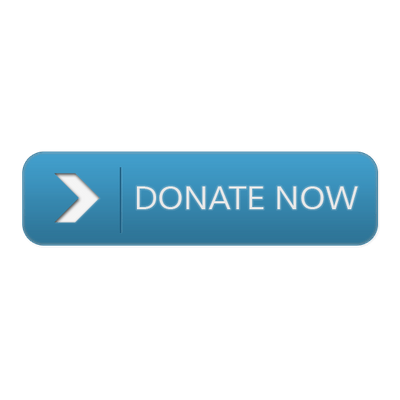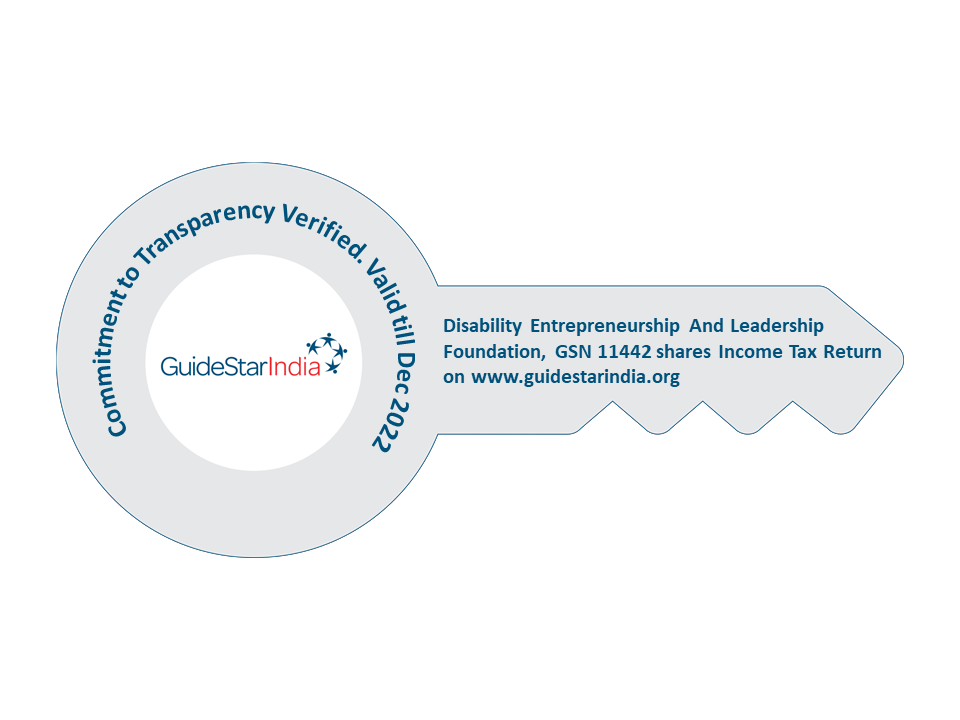This is something that we have been hearing very frequently these days, especially now when the entire globe is battling the 2nd wave and are getting ready to battle the 3rd wave as well.
Anywhere we go, we are provided with a facility to wash hands, is it all that important some would ask? i would say it is the most important thing we need to remember and follow in our day to day life. Let’s understand why is it so important both for us adults and for children as well.
Right now, during the COVID-19 pandemic, hand washing is one of the most effective ways to prevent the spread of the virus and avoid getting others sick. It is especially important to wash ones hands frequently with soap and water while scrubbing the palms, back of hands, in-between fingers and underneath the fingernails.
Whether one is at home, at work, traveling, or out in the community, handwashing with soap and water can protect both you and your family. Here’s why handwashing is effective:
- Washing hands prevents illnesses and spread of infections to others
- Cleaning hands with soap and water removes germs from multiple sources
- Hand washing helps battle the rise in antibiotic resistance
Some people also have questions about hand sanitizer and whether it is equally as effective as handwashing. Here are a few things one should keep in mind about hand sanitizer.
Washing hands with soap and water is generally the best way to get rid of germs, but if soap and water are not readily available, one can use an alcohol-based hand sanitizer that contains at least 60% alcohol. But please note, Sanitizers do not get rid of all types of germs.
According to the Center for Disease Control and Prevention (CDC), washing hands could protect about 1 of 3 young children who get sick with diarrhea and 1 of 5 young children with respiratory infections like pneumonia. Cleaning ones hands not only helps prevent one from catching germs, but also from spreading them too, especially to others who may be more susceptible to illness.
When should hands be washed?
It’s helpful to make regular hand hygiene a part of one’s daily routine. Specifically, hands should be cleaned:
- After using the restroom
- After changing a diaper
- Before eating
- Whenever hands are visibly dirty
- After contact with bodily fluids
- After coughing or sneezing, after throwing away your tissue
- After touching animals, such as family pets or at a petting zoo.
How can you encourage children to wash their hands?
Teaching children hand washing at an early age is a good way to encourage a lifelong habit. You could make your child feel good about hand washing by tying it to fun activities such as snack time and cleaning up from arts and crafts. Have your child practice counting or sing a song while they wash their hands, to make sure they do not rush. Soap or sanitizer that foams, changes colour or smells good can be exciting for kids as well.
One of the best ways to encourage one’s child to clean their hands is by washing one’s own. “Kids watch and learn from their parents,” says Dr. Sebert. “Make sure to model good hand hygiene to keep one’s family healthy.”
How else can you prevent the spread of germs and viruses?
Beyond practicing proper hand hygiene, families can take simple, everyday precautions to help prevent the spread of germs and respiratory viruses. Reduce ones risk of getting sick or spreading illness by:
- Avoiding close contact with people who are sick
- Not touching your eyes, nose and mouth
- Staying home when you are not feeling well
- Coughing into your elbow and covering your nose and mouth with a tissue when sneezing (throw tissue into the trash after sneezing)
- Disinfecting surfaces with household cleaning sprays or wipes.
(Source: childrens.com)
Well, by practicing all these things daily, I’m sure we can battle this deadly disease and emerge strong.


 Awarded by Guidestar India
Awarded by Guidestar India